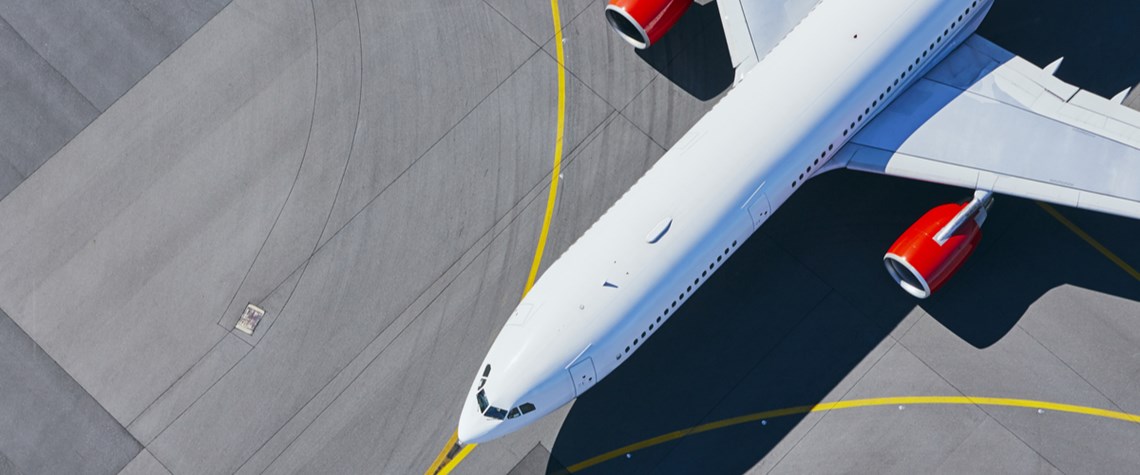Aviation calls for synthetic blending quotas, tax incentives
Synthetic kerosene prices will fall as production capacity increases and renewable electricity costs decline—but low-margins mean the aviation industry requires help to go green
Synthetic jet fuel may be widely seen as the best long-term replacement for kerosene, but policymakers would have to make its use mandatory and provide tax incentives for the aviation sector to quit fossil fuels. Synthetic kerosene is 4-6 times more costly than kerosene, according to Joris Melkert, senior lecturer in aerospace engineering at Delft University of Technology. Such costs are daunting for the aviation industry, which suffered its worst ever decline in 2020 due to the coronavirus pandemic, losing an estimated $118.5bn, according to trade body the International Air Transport Association. Yet Melkert is optimistic Europe’s aviation sector will adopt synthetic fuels gradually, citing

Also in this section
9 January 2026
A shift in perspective is needed on the carbon challenge, the success of which will determine the speed and extent of emissions cuts and how industries adapt to the new environment
2 January 2026
This year may be a defining one for carbon capture, utilisation and storage in the US, despite the institutional uncertainty
23 December 2025
Legislative reform in Germany sets the stage for commercial carbon capture and transport at a national level, while the UK has already seen financial close on major CCS clusters
15 December 2025
Net zero is not the problem for the UK’s power system. The real issue is with an outdated market design in desperate need of modernisation







